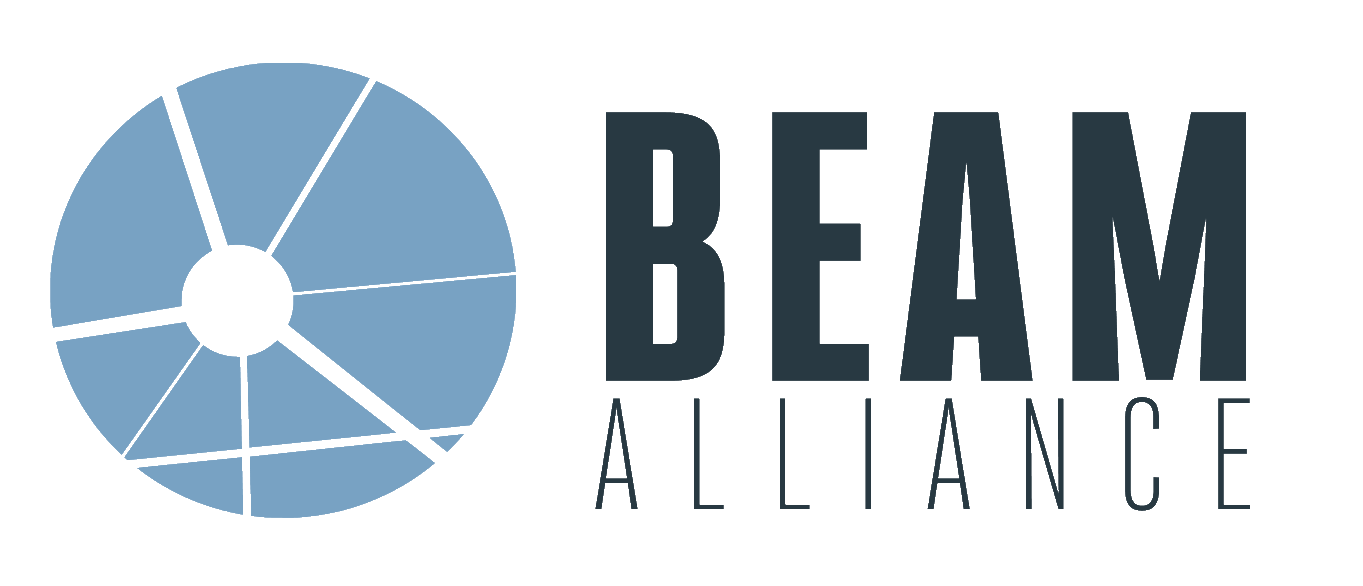Infex: Approval for dosing final RESP-X Phase Ia cohort and first-in-patient Phase IIa
- Infex Therapeutics

Alderley Park, Cheshire, U.K. Infex Therapeutics, a leading anti-infectives specialist, announces it has received approval to commence dosing the final Phase Ia cohort of healthy volunteers and to proceed to dosing the first cohort in the first-in-patient Phase IIa dose-ranging study for RESP-X, the Company’s new anti-virulence therapy to treat Pseudomonas aeruginosa (Pa) infections in non-cystic fibrosis bronchiectasis (NCFB) patients.The final cohort of Phase Ia healthy volunteers will receive doses of RESP-X at 10mg/kg. Interim data from the first three cohorts demonstrated that RESP-X was well tolerated with no serious adverse events reported. The Phase IIa study will consist of two cohorts of NCFB patients and determine optimal dosing of RESP-X ahead of a wider Phase II efficacy study. The first cohort of patients in the Phase IIa study will receive doses of RESP-X at 6mg/kg.
RESP-X is a first-in-class immune infection antibody in-licensed from Japanese pharma company Shionogi targeting chronic Pseudomonas aeruginosa (Pa) bacterial infections in NCFB patients. Colonisation with Pa increases the severity of NCFB, leading to recurring episodes of life-threatening infection. There are currently at least eight million NCFB patients in major markets, of which 30% have chronic Pa colonisation. Despite its prevalence and severity, there are currently no approved treatments for Pa colonisation in NCFB patients.
Dr Peter Jackson, CEO of Infex Therapeutics, commented: “It is pleasing to see that RESP-X continues to exhibit a strong safety and tolerability profile, with approval now received to dose the final cohort of the Phase Ia study. Importantly, we now have approval to begin dosing the first cohort of the first-in-patient Phase IIa dose-ranging study, to identify the optimal dosing of RESP-X ahead of a wider Phase II efficacy study. RESP-X is a potential blockbuster opportunity targeting an urgent unmet medical need, for which there are currently no approved treatments.”
Full PR available here.

